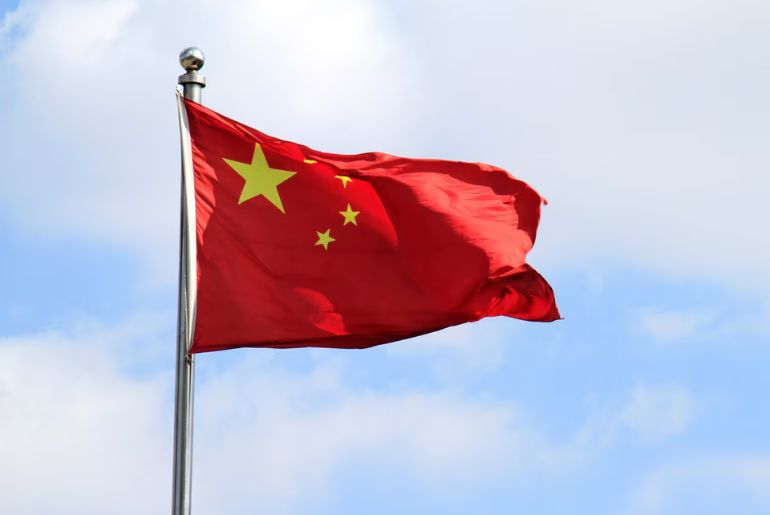Chinese automakers are demonstrating the limitations of the European Union’s electric vehicle tariff scheme by increasing their exports of hybrid cars to Europe and preparing further models for the important market.
Hybrid vehicles are exempt from the bloc’s most recent EV levies, which were imposed to shield its auto industry from a swarm of low-cost Chinese imports. According to analysts, this might lead to the further regional expansion of well-known brands like BYD, the leading EV manufacturer in China.
In an effort to cut costs related to tariffs, several businesses are now moving their assembly and production to Europe.
Murtuza Ali, an analyst at Counterpoint Research, stated that, “the surge is the result of Chinese OEMs switching to plug-in hybrids (PHEVs) in order to avoid the new EU tariffs on BEV (battery-powered EVs) imports from China.”
According to him, China’s hybrid shipments to Europe will increase by 20% this year and much more quickly the next year. In an effort to combat what the European Commission claims are unfair subsidies that enabled China to develop spare production capacity for 3 million EVs annually, twice the size of the EU market, EU tariffs of up to 45.3% on Chinese EV imports went into force in late October.
Hybrid vehicles, which use both electricity and gasoline, are becoming more and more popular as consumers view them as an economical alternative to all-electric or all-combustion vehicles.
According to data from the China Passenger Car Association, hybrid exports to Europe more than quadrupled to 65,800 units from July to October compared to the same period last year, reversing a trend of declining sales until earlier this year and in 2023.


